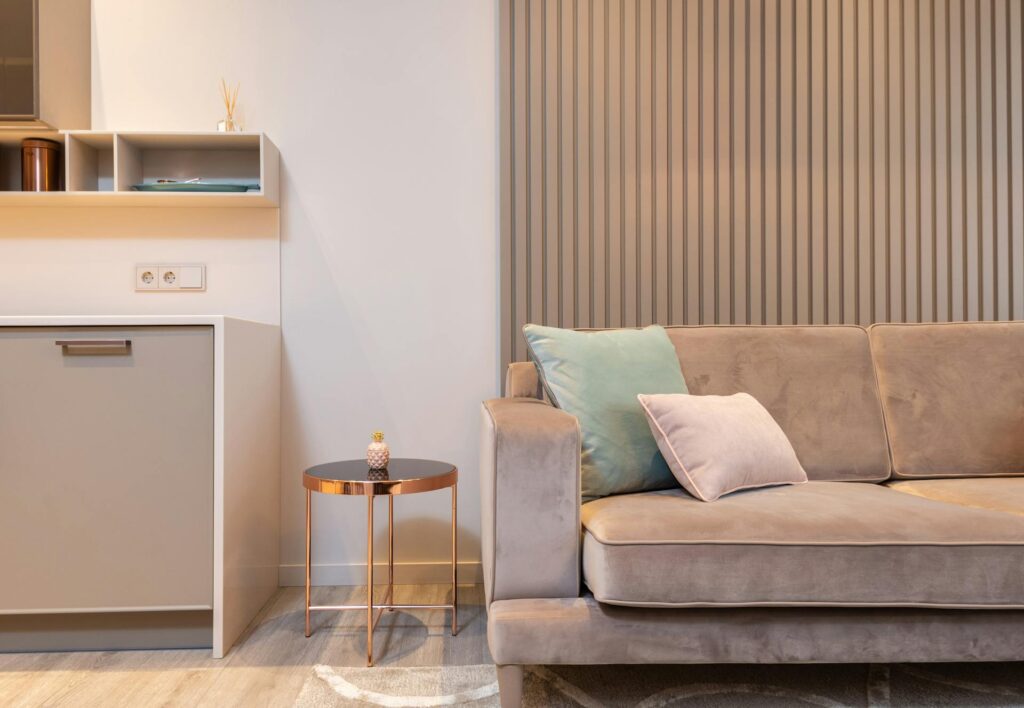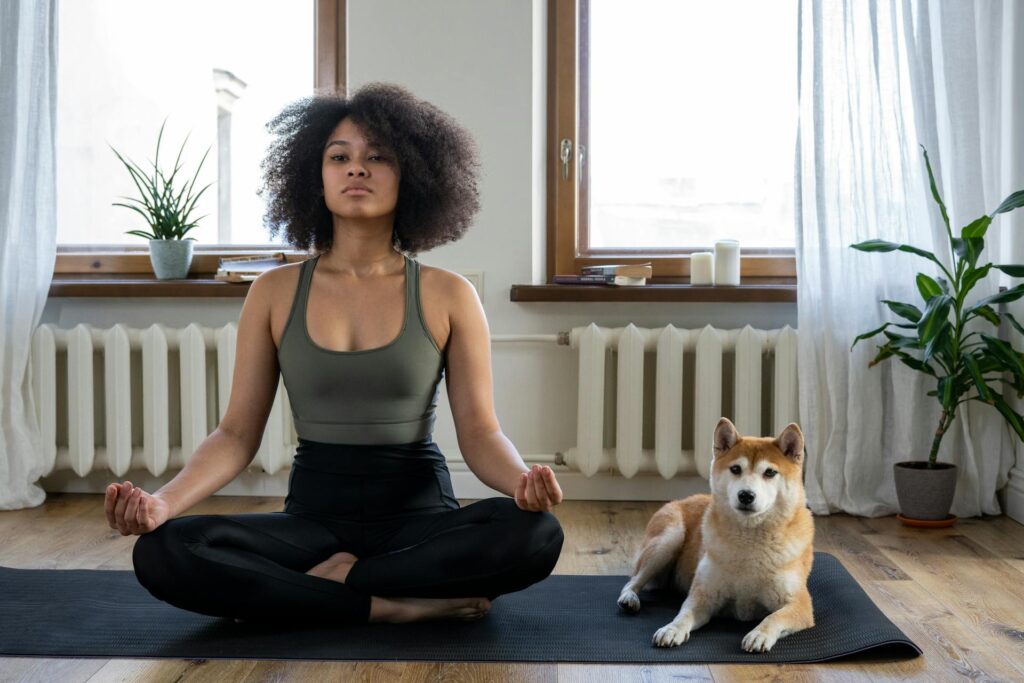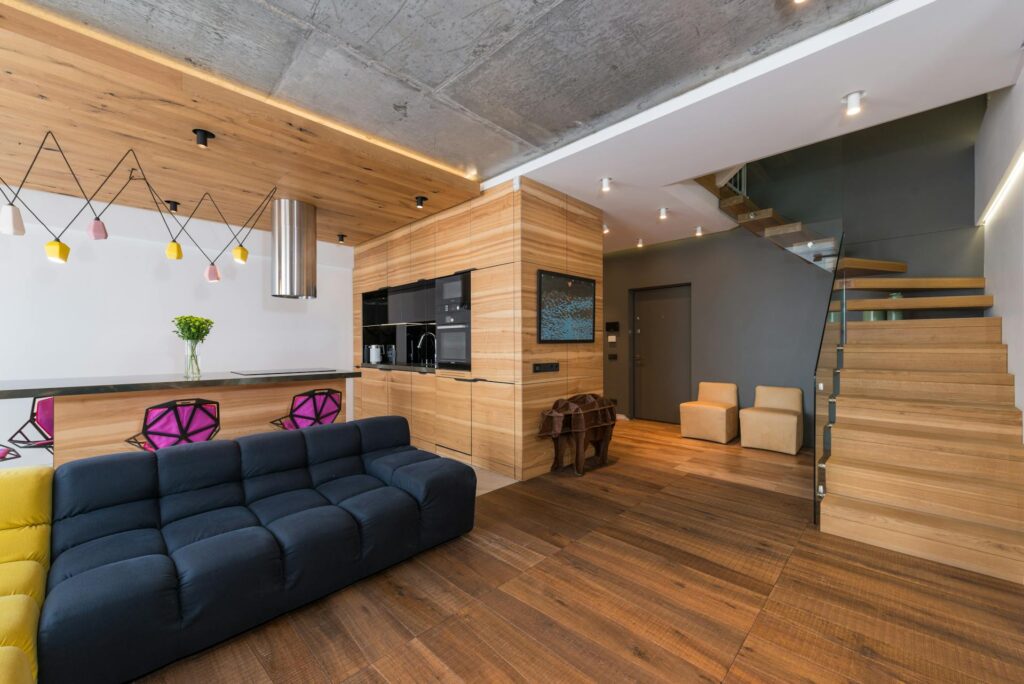Ever find yourself wondering if there’s more to life than this endless cycle of buying, storing, and organizing stuff? You’re not alone. In a world where consumerism is king, a growing movement is quietly championing a radical idea: less is truly more. This movement, known as minimal living concepts, isn’t just about decluttering your closet or tidying up your home office.
It’s about peeling back the layers of excess that clutter our spaces and minds, revealing a life filled with more joy, clarity, and freedom than we ever imagined possible. I’ve embarked on this journey myself, and let me tell you, it’s been eye-opening. So, if you’re curious about how simplifying your life can lead to greater happiness, you’re in the right place.
Let’s dive into the heart of minimal living together, exploring its core principles and how they can transform your life from the inside out.

Understanding Minimal Living Concepts
Understanding Minimal Living Concepts truly opens up a new perspective on what it means to live well. Let’s dive into this transformative approach to life, where less really does become more.
The Essence of Minimal Living
At its core, minimal living concepts are about stripping away the non-essential to focus on what truly matters. It’s a common misconception that minimal living equates to owning as few possessions as possible.
However, it’s not just about the physical act of decluttering; it’s about reassessing our values and making conscious choices that align with those values. This lifestyle encourages us to live intentionally, finding joy and satisfaction in simplicity rather than in abundance.
Key Minimal Living Concepts Everyone Should Know
To truly grasp the power of minimal living, it’s essential to understand its key concepts:
1. Decluttering Your Space
The journey often begins with decluttering, not as an end goal but as a means to clear our physical and mental spaces. Start by tackling one area at a time, asking yourself if each item holds value or brings joy. The benefits extend far beyond a tidy space; decluttering can lead to a more focused mind, reduced stress, and an environment that supports your well-being.
- Tips to Start: Begin with a drawer, a shelf, or any small, manageable area. Use the box method (keep, donate, discard) to help make decisions. Remember, it’s not about perfection but progress.

2. Quality Over Quantity
This principle teaches us to appreciate the value of things not by their quantity but by their quality. Investing in fewer, but better-quality items can enhance our lives, reduce waste, and ultimately lead to a more sustainable lifestyle.
- Implementing the Concept: Next time you’re tempted to buy something new, ask yourself if it’s something that you truly need and if it’s of high quality to last a long time. This mindset not only declutters your space but also fosters a deeper appreciation for what you own.
3. Mindful Consumption
Mindful consumption urges us to be more deliberate about our purchasing decisions, asking whether what we’re buying will add real value to our lives. It’s about breaking free from impulsive shopping habits and focusing on acquiring things that meet our needs and support our ideals of minimal living.
- Strategies for Mindfulness: Before buying, pause and reflect on the necessity and impact of the purchase. Adopting a waiting period before making a purchase can also help in distinguishing between wants and needs.
4. Simplifying Daily Routines
A cluttered schedule can be just as overwhelming as a cluttered home. Simplifying your daily routines can help reduce stress and make room for activities that align with your values and bring joy.
- Simplification Tips: Evaluate your daily tasks and responsibilities. Identify what’s essential and what can be eliminated or delegated. Streamlining your commitments can lead to a more balanced and fulfilling life.
By embracing these minimal living concepts, we can uncover a path to a more meaningful and intentional lifestyle. It’s about creating space for the things that truly matter, finding contentment in simplicity, and fostering an environment that nurtures our well-being.

Practical Steps to Implement Minimal Living Concepts
Embracing minimal living concepts can seem daunting at first, but with the right approach, it’s not only achievable but also incredibly rewarding. Let’s explore practical steps to seamlessly integrate minimalism into your life, starting small and building a sustainable minimalist lifestyle.
Starting Small with Minimal Living
The journey towards a minimalist lifestyle doesn’t have to be overwhelming. Starting small can make the transition smoother and more manageable.
1. Identifying Non-Essentials
The first step in adopting minimal living concepts is to identify and eliminate non-essentials from your life. This process involves taking a hard look at your possessions and asking yourself whether each item serves a purpose or brings joy.
- Practical Advice: Create a list of items you haven’t used in the last six months. If these items don’t hold sentimental value and you can foresee living without them, consider letting them go. This method not only declutters your space but also clarifies what truly matters to you.
2. Embracing Digital Minimalism
In our digitally saturated world, digital clutter can be just as stressful as physical clutter. Embracing digital minimalism means reducing digital noise and distractions to focus on what’s truly important.
- Tips for Reducing Digital Clutter: Unsubscribe from unnecessary newsletters, use app blockers to minimize distractions, and allocate specific times for checking emails or social media. This approach can significantly reduce stress and improve productivity and focus.
Maintaining a Minimalist Lifestyle
Adopting minimal living concepts is one thing, but maintaining a minimalist lifestyle poses its own set of challenges. Here’s how to stay committed to minimalism in the long run.

3. Regular Decluttering Sessions
To prevent clutter from creeping back into your life, make decluttering a regular habit. This doesn’t mean you have to live in a constant state of purging but setting aside time for periodic decluttering can keep your space and mind clear.
- Importance of Habit: Schedule decluttering sessions monthly or quarterly, depending on your needs. This regular practice ensures that your living spaces remain uncluttered and reflective of your minimalist values.
4. Mindful Shopping Practices
One of the pillars of maintaining a minimalist lifestyle is mindful shopping. This involves being more deliberate about your purchases to avoid accumulating unnecessary items.
- Advice for Mindful Shopping: Before making a purchase, ask yourself if the item is necessary, if it serves a specific purpose, or if you have something similar that works just as well. Waiting 48 hours before making a non-essential purchase can also help you avoid impulse buys.
Implementing and maintaining minimal living concepts requires a shift in mindset and habits. By starting small, focusing on what truly matters, and making intentional choices, you can live a more meaningful, clutter-free life.
The Impact of Minimal Living Concepts on Personal and Environmental Well-being
Exploring minimal living concepts has not only transformed my living spaces but also profoundly impacted my personal and environmental well-being. This lifestyle choice is like a pebble thrown into a pond, creating ripples that extend far beyond the initial splash. Let’s dive into how adopting a minimalist approach can benefit both you personally and the world around you.

Personal Benefits of Adopting Minimal Living
Embracing minimal living concepts has led me to uncover a wealth of psychological and financial advantages that have significantly improved my quality of life. Here are some key benefits:
- Increased Mental Clarity: Clearing physical clutter from our surroundings also declutters our minds. With fewer distractions, I’ve found it easier to focus on my goals, leading to a more productive and fulfilling life.
- Stress Reduction: A minimalist environment fosters a sense of calm. By owning fewer things, I’ve reduced the stress associated with managing and organizing stuff, leading to a more serene home environment.
- Financial Savings: Minimalism has taught me the value of investing in quality over quantity. This shift in purchasing behavior has not only reduced my environmental footprint but also allowed me to save money, avoiding impulse buys and focusing on what I truly need.
- Enhanced Appreciation for What You Have: By limiting my possessions to those that add value to my life, I’ve cultivated a deeper appreciation for them, finding joy in the simplicity of a well-curated life.
How Minimal Living Concepts Benefit the Environment
The environmental impact of minimal living concepts is significant. By choosing to live minimally, we not only improve our own lives but also contribute to a larger movement towards sustainability.
- Reduced Consumption: Living minimally naturally leads to buying less. This decrease in consumption is crucial for reducing our ecological footprint, conserving natural resources, and minimizing waste.
- Less Waste: A direct consequence of buying less is generating less waste. By being mindful of what we bring into our homes, we’re not only decluttering our living spaces but also contributing to less landfill waste.
- Sustainable Choices: Minimalism encourages the selection of sustainable and ethically made products. This often means choosing items with longer lifespans, which further reduces the demand for resource-intensive manufacturing.
- Encourages Others: Adopting a minimalist lifestyle can inspire those around us to reconsider their own consumption habits, potentially leading to a broader impact on environmental conservation efforts.

In embracing minimal living concepts, I’ve realized that minimalism isn’t just about what we remove from our lives but what we choose to focus on. Whether it’s the personal peace that comes from a clutter-free space or the global benefits of reduced consumption and waste, the impact of minimal living is profound and far-reaching. It’s a journey towards not only enriching our own lives but also protecting the environment for future generations.
Conclusion
Embracing minimal living concepts transforms lives, bringing unparalleled clarity, joy, and simplicity. It’s about crafting a space that mirrors your deepest values and desires. Let this be your moment to embark on a journey of transformation. Start simplifying your life today and experience the profound peace and fulfillment that follows. Dive in now and unlock the door to a rejuvenated existence.





